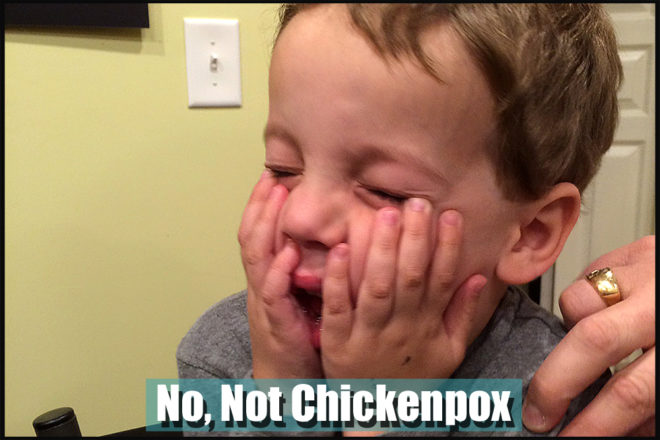
Podcast: Play in new window | Download
Subscribe: Email | | More
Respiratory Syncytial Virus
RSV is a 150 nanometer RNA virus that comes from a human orthopneumovirus that circulates in the winter primarily. Young children and infants infected with RSV mostly have upper respiratory tract symptoms where a subset develop lower respiratory tract disease known as bronchiolitis with the primary infection. It is the most common reason for hospitalization in infants between 0 and 6 months of age. Bronchiolitis appears as a wheezy, cough centric illness that rarely may progress to increased respiratory effort noted by wheezing, rales (lung crackles – sounds like stepping on leaves), chest wall rib retractions, grunting, fast breathing, nasal flaring and eventually respiratory hypoxia. If it persists, the event can rarely lead to respiratory collapse and death. Annually, 150 children under 5 years of age die from RSV in the US. Most of these children are premature births and have cardiopulmonary disease issues. Term healthy children rarely succumb to RSV in a serious way. A recent study of German infants and children hospitalized with RSV identified these risk factors: age <6 months, birth at 28–37 weeks gestational age, congenital defects, perinatal respiratory and cardiovascular disorders, and various other comorbidities as significant risk factors for ICU admission and death. ( Cai et. al. 2020) plus a mini lit review and a discussion on thanksgiving.
Enjoy
Dr. M











